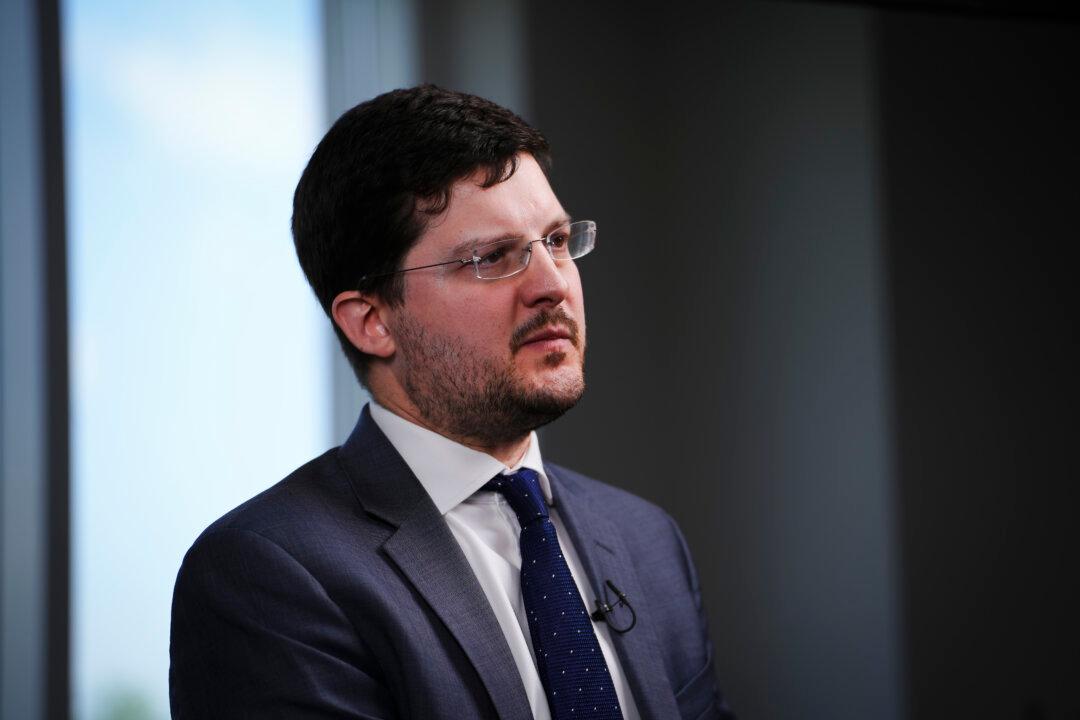To cut dependency on the Chinese economy, the United States needs to base its policies on “two pillars": economic containment of communist China and rebuilding the industrial power in the United States, said Jonathan Ward, a China scholar and founder of the Atlas Organization.
American policy toward communist China was guided for decades by the general idea to have China rise with an expectation that as China grew richer, it would become a responsible stakeholder—but that assumption did not bear out, Mr. Ward said in an interview on Epoch TV’s “American Thought Leaders” program on June 26.






